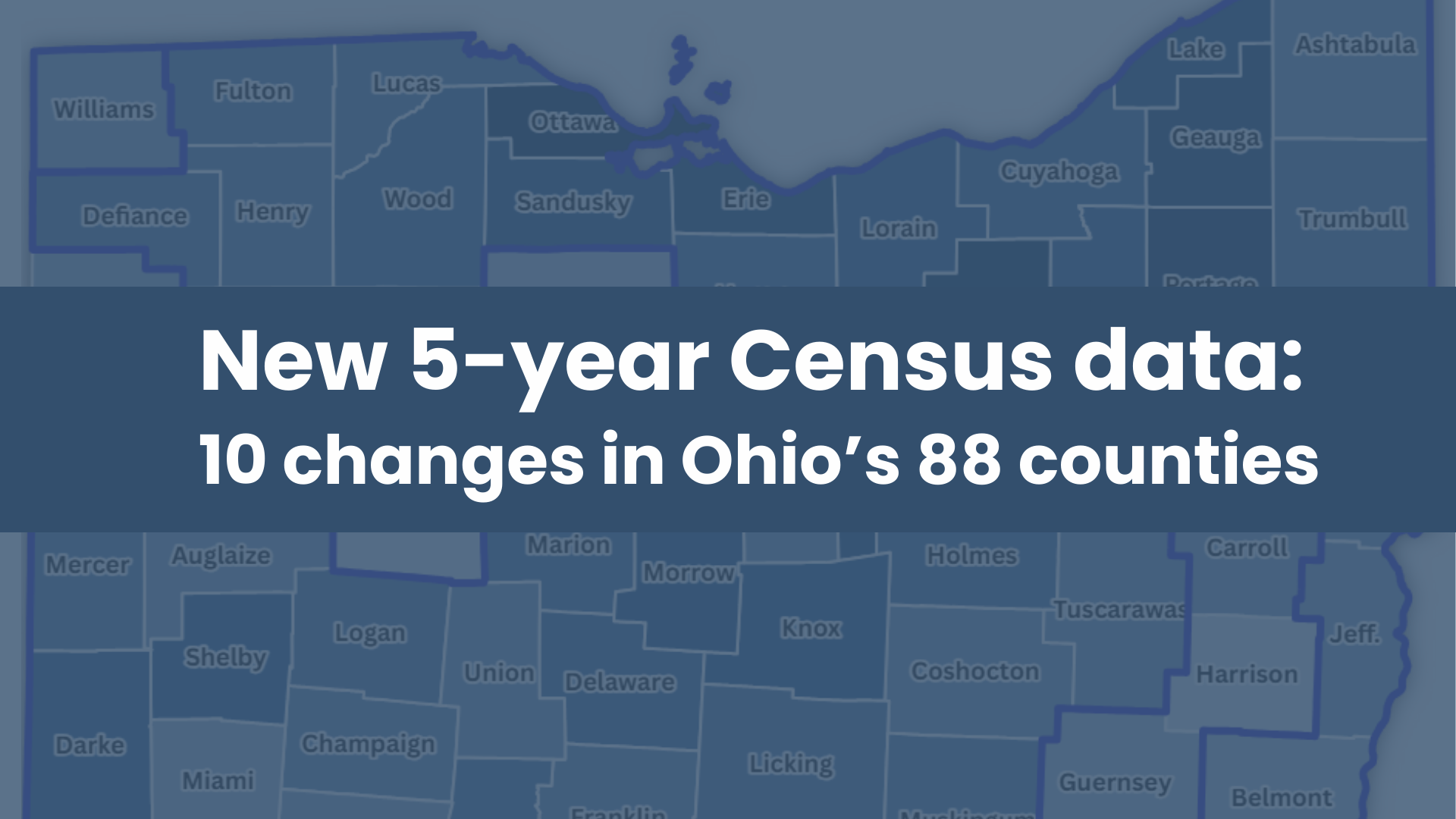By: Neighborhood Family Practice
Federally Qualified Health Centers (FQHCs) are a powerful example of how targeted public investment, local leadership, and fiscal responsibility can come together to create meaningful, community-centered health care. In Ohio alone, FQHCs serve more than 400,000 people each year — including working families, seniors, veterans, and individuals living in underserved communities.
A funding model that benefits both patients and the community
Unlike large, bureaucratic systems, FQHCs are lean, locally governed, and built to meet the specific needs of their communities. Neighborhood Family Practice in Cleveland is one such example. It operates seven locations on the city’s West Side and serves as a trusted care provider for thousands of Ohioans.
What makes FQHCs especially effective—and fiscally responsible—is their funding model.
These health centers receive a mix of revenue from Medicaid reimbursements, private insurance, sliding-scale payments from patients, grants, and support from programs like the 340B Drug Pricing Program. Far from being dependent on government aid alone, FQHCs leverage public funds to attract additional resources and reinvest savings into expanded services. In short: they maximize every dollar.
The 340B program, in particular, allows FQHCs to purchase prescription drugs at a discount and use the savings to fund critical services like diabetes care, prenatal visits, mental health support, and transportation assistance — services that prevent costly ER visits and hospital stays. At Neighborhood Family Practice, this means delivering better outcomes while keeping overall health care costs down — a win for both patients and taxpayers.
Federally Qualified Health Centers are engines of local economic growth.
Additionally, FQHCs are engines of local economic growth. They employ thousands of people across the state, contract with local businesses, and support independent pharmacies — all while reducing the burden on emergency rooms and public hospitals.
This efficient and impactful system is under threat
Short-term federal funding extensions and potential restrictions on programs like 340B risk destabilizing the very health centers that are keeping communities healthy and productive. Without a long-term legislative commitment, health centers may be forced to scale back services, close locations, or reduce access to care.
Supporting FQHCs isn’t about growing government — it’s about making smarter use of the investments we’ve already made. These centers offer a high return on investment, reduce long-term public costs, and give people access to care that helps them stay on the job and out of crisis.
Locally led, cost-effective, and accountable care
In a time of growing concern over federal spending, FQHCs offer a rare example of a government-supported program that works exactly as intended: locally led, cost-effective, and accountable. Lawmakers who value personal responsibility, community stability, and economic efficiency should stand firmly behind continued funding for FQHCs and the tools they rely on — because strengthening FQHCs means strengthening Ohio.







